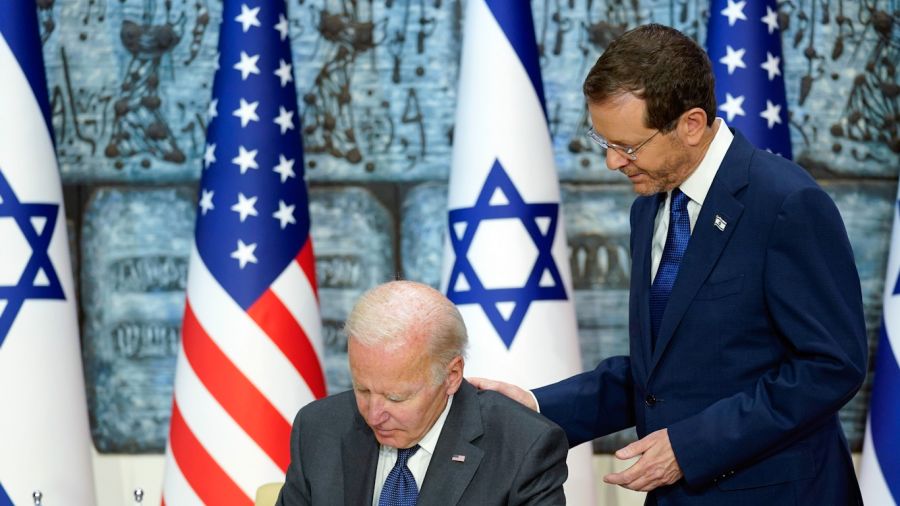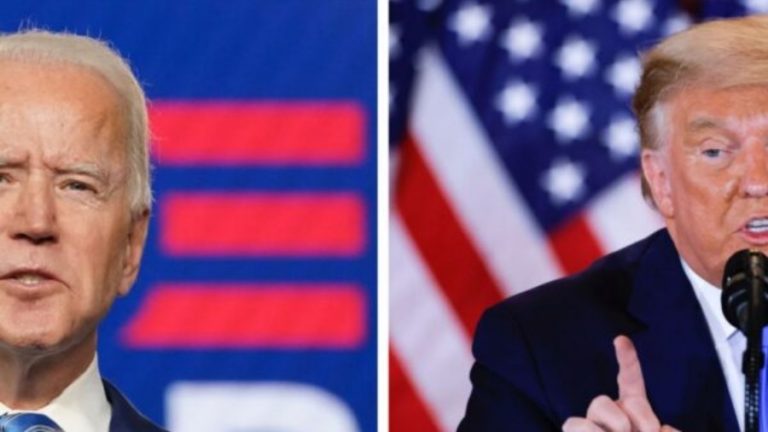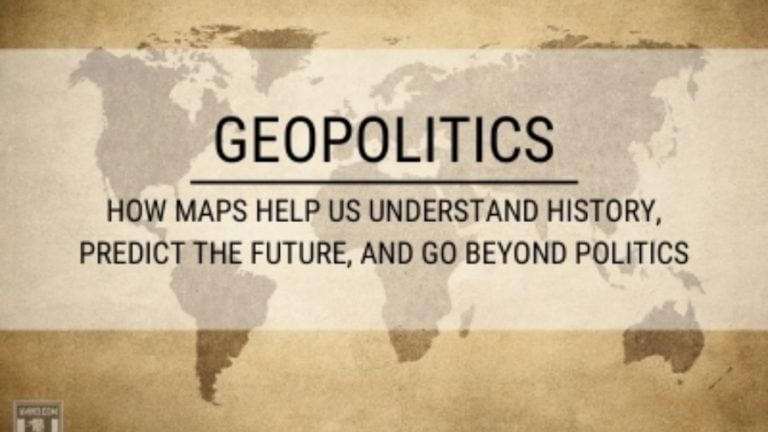US Policy in the Middle East Has Not Met Israel’s Expectations
For a “new” model for the peace process, Israel will have to turn to China.
In 2020, it seemed that Israel, with US support, was able to take a step towards the Arabs after the signing of the Abraham Accords with the UAE and Bahrain. Despite this, the changing geopolitical landscape and the emergence of China as a key player in mediating regional conflicts have cast doubt on the viability of these agreements. As a result, the idea of boosting Israel’s power by isolating Iran when Tehran and Riyadh are at peace appears illogical, to say the least.
While the Islamic Republic of Iran remains a competitor for Arab countries, China now stands between the Arab world and Iran, limiting Iran’s regional and nuclear ambitions. As a result, the Arab states no longer need to develop defense ties with Israel as actively as they hoped to in 2020. The Iranian-Saudi deal has had a direct impact on the possibility of extending the Abraham Accords. Consequently, the Chinese-led peace process is a threat to Israel.
This may be seen, for example, in Saudi Arabia’s recent hardening of its attitude on negotiations with Israel. Riyadh seeks further security guarantees from the US, as well as assistance in developing its civilian nuclear program and satisfying Palestinian independence aspirations. Congress’ ban on military sales to Saudi Arabia owing to the Kingdom’s systematic human rights violations acts as a further wedge.
Washington and Tel Aviv believe that the Saudis are using this scenario in order to get maximum concessions from them in exchange for “normalization.” Most likely, they will have to fulfill certain Saudi Arabian demands, given that a Middle East peace process that excludes Israel as a player would isolate Tel Aviv in the area, as other governments would then normalize under Chinese auspices.
Ironically, the Americans themselves are trying to move Saudi Arabia away from Israel. For instance, amid a long lack of progress in the Israel-Saudi dossier, Riyadh is establishing a dialogue with Hamas. This is due to Crown Prince Mohammed bin Salman’s intention to exhibit qualitatively new diplomacy. Simultaneously, Syria’s reinstatement to the Arab League symbolized China’s and Russia’s challenge to the US for regional influence.
This is a serious problem for Tel Aviv for two reasons. First, it shows that the Saudi state is not mindlessly negotiating with the Israelis. In fact, the KSA’s actions are aimed at narrowing Tel Aviv’s room for maneuver and giving it a difficult choice. Second, it is clear that Saudi Arabia is actively opposing the United States in the Middle East. Thus, maintaining ties with Hamas directly contradicts American attitudes that view the Palestinians as a “terrorist group.”
At the same time, additional regionalists are joining the American-Israeli duo in their conflict. This is evident from the decision of the UAE government, a signatory to the Abrahamic Accords, to postpone a defense agreement with Israel. This is how the Emirates demonstrated their negative reaction to the storming of the Al-Aqsa Mosque by the Israelis, the attack of the “settlers” on the Palestinian town of Huwara, and the calls of Israeli Finance Minister Besalel Smotrich to “wipe this settlement off the face of the earth.” These occurrences might point to the Palestinian issue’s enduring importance, but it’s more crucial to understand why the Emirati leadership has cut ties with Israel. The underlying cause is the normalization of relations with old foes including Iran, Syria, Hamas, and other groups due to shifting geopolitical factors. This seems to be the new reality at the moment.
Such nuances greatly aggravate the situation for Israel. It has either to stick to its traditional doctrine and aggressively pursue its interests in the region, risking a widening confrontation, or turn to China for a “new” peace process. But the latter option would further undermine the US position in the Middle East.







